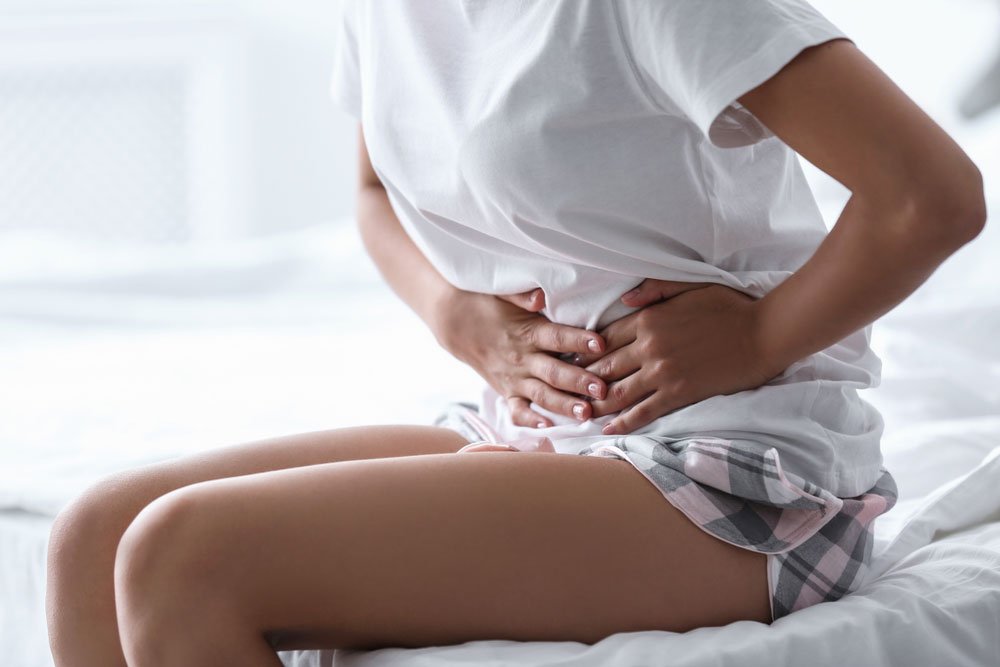Subscribe
Unlock 10% OFF
Subscribe and save 10% off your first product purchase*. Plus get access to our latest promotions, tips, insider interviews, news, events, invitations and more.
* T&Cs apply
Endometriosis is something close to our hearts at Face Fit, with a third of our staff having been diagnosed (read Clinic Manager Ashleigh’s Journey to Endometriosis Diagnosis). With March being Endometriosis Awareness month, we share what endometriosis is, what the symptoms are, how it is diagnosed and treated, and how naturopathy can support alongside medical management.
Endometriosis is a chronic inflammatory disease where tissue similar to the lining of the uterus (endometrium), grows outside of this area. Commonly attaching to the ovaries/ abdomen area, it has also been found on most other organs in the body. Endometriosis affects at least 1 in 9 women.

Endometriosis is a whole body disease with symptoms varying from person-to-person. The most common symptoms include:
Severity of these symptoms is not related to the severity of the disease.
Due to the chronic nature of Endometriosis, it can impact someone’s life in many different ways. This may look like:
The gold standard in endometriosis diagnosis is through surgical laparoscopy, which may be recommended after a pelvic ultrasound. If diagnosed, excision surgery (during your laparoscopy) is most commonly used to remove the unwanted endometrial tissue, from where it’s not meant to be growing. Ideally surgery will improve quality of life, reduce pain and severity of symptoms and is sometimes used to enhance fertility. Endometriosis usually grows back so people may need multiple surgeries throughout their lifetime.
Other common medical treatments may include hormonal therapies and the IUD (Mirena). Support can also be provided by: physiotherapists, psychologists, dieticians, nutritionists, naturopaths and acupuncturists.
Naturopathy works on supporting the body as a whole, making sure your body has the right nutrients for optimising your health and the body systems that can affect endometriosis. Naturopathy can also help support you with other symptoms that can occur with endometriosis such as digestive complaints, fatigue and heavy periods.
Tips for people to support their friends, patients and loved ones suffering from endometriosis may include:
 Endometriosis is something close to our hearts at Face Fit, with a third of our staff having been diagnosed.
Endometriosis is something close to our hearts at Face Fit, with a third of our staff having been diagnosed.
Our Naturopath Evie supports each of us with our own unique treatment plan and supplements tailored to our individual symptoms.
If you need support on your own journey with Endo, don’t hesitate to give us a call and book in for a consultation.
Subscribe and save 10% off your first product purchase*. Plus get access to our latest promotions, tips, insider interviews, news, events, invitations and more.
* T&Cs apply